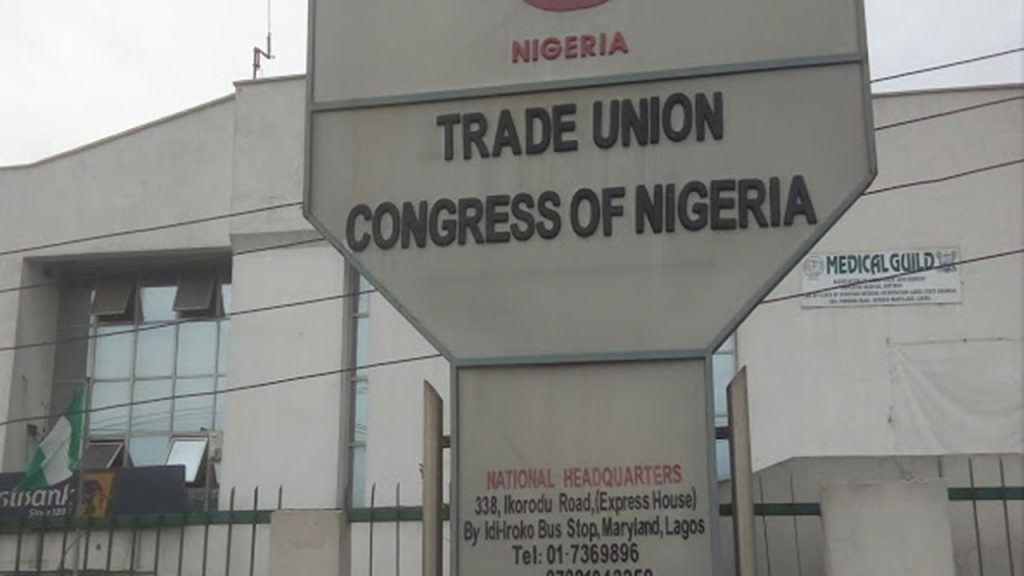The Trade Union Congress (TUC) has said the federal government’s proposed N48,000 minimum wage is “abysmal.”
In an interview with Channels Television on Wednesday, TUC president Festus Osifo stated that N48,000 cannot buy a sack of rice in the market.
On Wednesday, a federal government-scheduled conference to discuss the national minimum wage was unexpectedly called off after union leaders staged a walkout.
During the conference, the federal government suggested a new minimum salary of N48,000, while the organised private sector proposed N54,000.
Organised labour leaders were outraged that the federal government did not provide a breakdown to back up its plan.
Labour has frequently advocated N615,000 as a reasonable minimum wage in light of present economic realities.
Speaking on the development, Osifo stated that the federal administration is not serious about the negotiations.
The TUC president claimed that the federal government failed to account for inflation and other economic issues confronting citizens.
He also stated that if the federal government fails to continue negotiations on the new minimum wage, organised labour will no longer guarantee industrial harmony in the country.
He said:
“Before President Muhammadu Buhari left office, the last person in the federal ministry was earning N42,000.”
“If you now factor in the wage award of N35,000 that was given, N42,000 plus N35,000 will give us N77,000. So, as of today, what the least federal government worker earns is N77,000.
“So, the question that we now ask is that if the least federal government worker is earning N77,000, why are you now coming to present N48,000? It does not just make any sense.
“If you look at the value of N48,000 today… when we negotiated N18,000 in 2011, it could buy more than two bags of rice. N30,000 in 2019 could buy at least one and a half bags of rice.
“N48,000 today cannot buy a bag of rice. How can a man survive with N48,000?
“We will communicate to Nigerians because what they have put on the table is completely abysmal in this era of inflation and economic challenges.”
